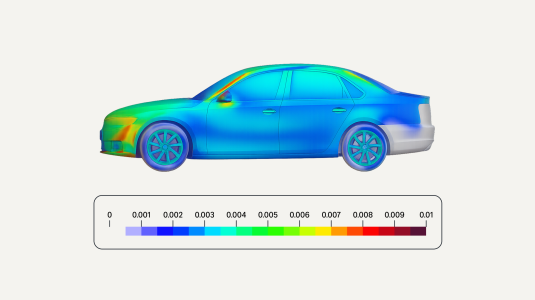Customer-obsessed science


Research areas
-
September 26, 2025To transform scientific domains, foundation models will require physical-constraint satisfaction, uncertainty quantification, and specialized forecasting techniques that overcome data scarcity while maintaining scientific rigor.
-
Featured news
-
NeurIPS 20232023This study focuses on the evaluation of the Open Question Answering (Open-QA) task, which can directly estimate the factuality of large language models (LLMs). Current automatic evaluation methods have shown limitations, indicating that human evaluation still remains the most reliable approach. We introduce a new task, Evaluating QA Evaluation (QA-Eval) and the corresponding dataset EVOUNA, designed to
-
NeurIPS 2023 Workshop on Instruction Tuning and Instruction Following2023Learning from human feedback is a prominent technique to align the output of large language models (LLMs) with human expectations. Reinforcement learning from human feedback (RLHF) leverages human preference signals that are in the form of ranking of response pairs to perform this alignment. However, human preference on LLM outputs can come in much richer forms including natural language, which may provide
-
NeurIPS 2023 Workshop on SyntheticData4ML2023Recently, diffusion models have demonstrated great potential for image synthesis due to their ability to generate high-quality synthetic data. However, when applied to sensitive data, privacy concerns have been raised about these models. In this paper, we evaluate the privacy risks of diffusion models through a membership inference (MI) attack, which aims to identify whether a target example is in the training
-
NeurIPS 20232023We derive the first finite-time logarithmic Bayes regret upper bounds for Bayesian bandits. In Gaussian bandits, we obtain O(cΔ log n) and O(ch log2n) bounds for an upper confidence bound algorithm, where ch and cΔ are constants depending on the prior distribution and the gaps of random bandit instances sampled from it, respectively. The latter bound asymptotically matches the lower bound of Lai (1987).
-
NeurIPS 20232023Membership inference attacks are designed to determine, using black-box access to trained models, whether a particular example was used in training or not. Membership inference can be formalized as a hypothesis-testing problem. The most effective existing attacks estimate the distribution of some test statistic (usually the model’s confidence on the true label) on points that were (and were not) used in
Collaborations
View allWhether you're a faculty member or student, there are number of ways you can engage with Amazon.
View all














































